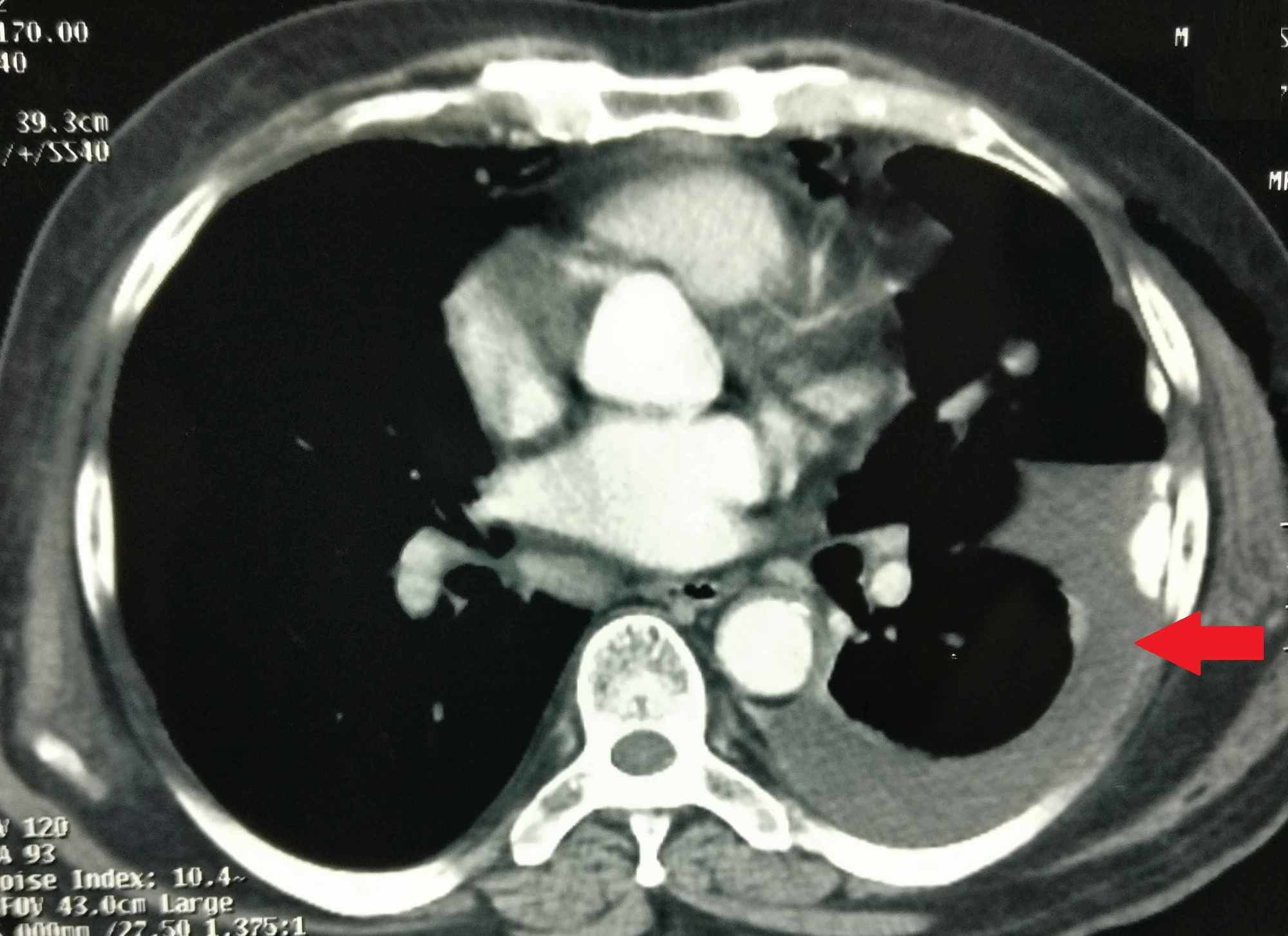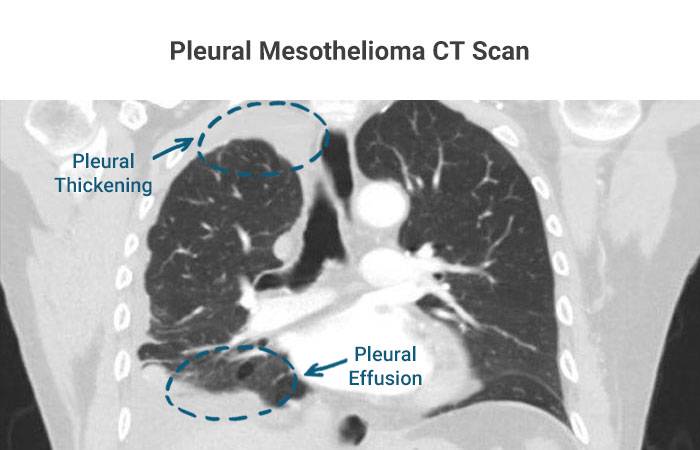Pleural effusion is a buildup of fluid in the space around the lungs. Mesothelioma surgery can also help with symptoms by relieving pressure.

Pleural Irregularities And Mediastinal Pleural Involvement In Early Stages Of Malignant Pleural Mesothelioma And Benign Asbestos Pleural Effusion European Journal Of Radiology
Pleural effusions are a common diagnosis in the united states and generally indicate a larger condition or disease.

Mesothelioma effusion. It is a common side effect in people with advanced lung or breast cancer or pleural mesothelioma. Pleural effusion may be a symptom of mesothelioma lung cancer or other diseases. Surgery for pleural and peritoneal effusion.
When looking at the prognosis for patients with peritoneal effusion from all types of malignancies the average survival is 20 weeks from the time of diagnosis. An x ray can be used to diagnose pleural effusion once accumulation reaches approximately 300 milliliters or 125 cups of fluid. A pleural effusion is a buildup of excess fluid between the lining of the lungs and chest cavity.
For pleural mesothelioma patients pleural effusions develop in the majority of cases especially among patients with late stage disease. This can help patients with pain coughing trouble breathing and fluid buildup. Diagnosing mesothelioma and pleural effusion.
Cancers like mesothelioma can also cause malignant pleural effusions. Peritoneal effusion or ascites occurs when fluid builds up in the abdominal cavity. Pleural effusion can be treated to relieve patients symptoms.
Mesothelioma is rare but in 90 percent of cases of this cancer it causes pleural effusion. Researchers in the uk have developed a new tool that may help patients with mesothelioma and other pleural cancers make decisions about pleural effusion. Pleural effusion is the buildup of excess fluid in the space around the lungs.
Pleural effusion is a common symptom of mesothelioma and other asbestos related diseases especially as these diseases progress. While peritoneal mesothelioma patients have the best overall survival rates of mesothelioma patients those with peritoneal effusion typically have a poorer prognosis. Lung cancer caused by asbestos exposure may also cause malignant pleural effusions.
Symptoms or signs of mesothelioma may not appear until 20 to 50 years or more after exposure to asbestos. While a pleural effusion may be a symptom of pleural mesothelioma itself the condition can also cause its own symptoms like breathlessness. Signs and symptoms lungs.
A new study says when it comes to pleural effusion in mesothelioma the two main solutions are pretty equal with one exception. Over time this fluid restricts the lungs and makes it hard to breathe. Many conditions can trigger this including peritoneal mesotheliomatreatments ultimately depend on the underlying medical condition and may include draining the fluid to reduce symptoms.
Surgery may remove malignant masses andor excess fluid. Whether or not a pleural effusion is a serious medical concern depends on the underlying cause. Shortness of breath cough and pain in the chest due to an accumulation of fluid in the pleural space pleural effusion are often symptoms of pleural mesotheliomamesothelioma that affects the pleura can cause these signs and symptoms.
It can cause breathlessness chest pain and dry cough. Fluid buildup is a common mesothelioma symptom that may be treated.
Pleural Mesothelioma Symptoms Stages Prognosis More
Https Encrypted Tbn0 Gstatic Com Images Q Tbn 3aand9gcr0g0ntodbc44xvqx5g6vbit5cjyk9qwdstb58hb1e Usqp Cau

Pleural Fluid Cytology Differentiated Mesothelioma Hemorrhagic Download Scientific Diagram

Cureus Prostate Carcinoma And Pleural Mesothelioma An Extremely Rare Co Occurrence
Plos One Pleural Effusion Biomarkers And Computed Tomography Findings In Diagnosing Malignant Pleural Mesothelioma A Retrospective Study In A Single Center

Malignant Mesothelioma Of The Pericardium A Report Of Two Different Presentations

